
As part of Mental Health Awareness Week, we’re spotlighting colleagues across Harrods. This year’s theme is Community, and we're exploring the ways our people find connection, support, and balance in their lives. We sat down with Allison, Safe Deposits Manager at Harrods, to talk about how a life-changing diagnosis reshaped her perspective on mental well-being – and why community, faith, and small everyday moments continue to keep her grounded.
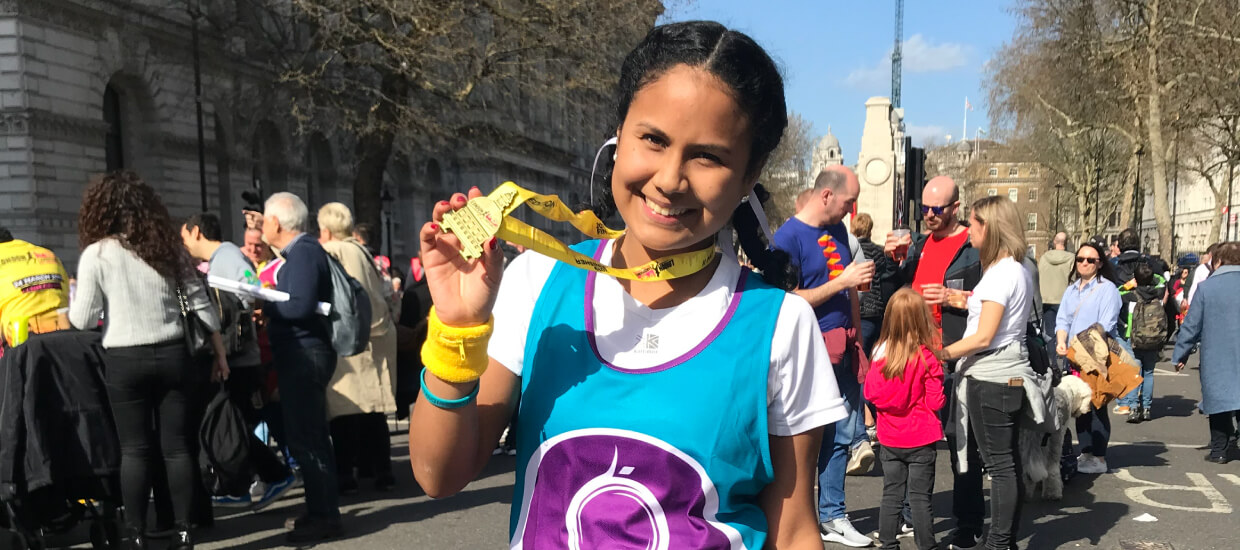
Harrods: Hi Allison, thank you so much for taking the time to talk with us. To start us off, what does mental well-being mean to you?
Allison: For me, mental well-being means being able to wake up each day with the resilience and ability to get through it. It’s that inner strength that helps you move forward, no matter what’s going on.
Harrods: What does maintaining your own mental well-being look like for you?
Allison: I try to be a really positive person, but the truth is, you can’t be positive all the time, and that’s okay. I’ve learned that I really need fresh air to feel grounded. Even just walking around the corner can help me start the day right.
I’d say the real turning point for me came in 2017, when I was diagnosed with cancer. That’s when I truly understood how vital mental well-being is. Despite having a strong community around me, my faith, my family, I realised I needed something just for myself. One of the simplest things that brought me peace was going to charity shops. That little routine, just once a week, was part of how I coped.
Harrods: That’s really powerful. So taking those small steps, like a walk or a visit to a shop, helped you?
Allison: Absolutely. After one of my operations, I remember telling my mum, “I need to get out.” I barely had any energy, but we took the bus to Romford and just walked around a bit. That was my turning point. It reminded me how important the little things are. You don’t need something huge to feel better. A quick chat with my Dad on the phone or a prayer together could give me a lift. Those tiny acts of care made all the difference.
Harrods: Can you share a moment when you discovered the importance of taking care of your mental well-being?
Allison: Definitely during my cancer journey. Before that, I didn’t give it much thought. If I had a bad day, I’d just brush it off. But during treatment, my doctor recommended I speak to a counsellor. At first, I thought, “I’m fine, I don’t need to talk to anyone.” But she said, “You might be okay now, but it helps to speak to someone.”
And I’m so glad I did. I saw a counsellor once a month for a year, just one hour each time, and it made a world of difference. It was a space outside of family and friends where I could really open up. They helped me see I was already doing the right things, but I just needed a bit of guidance. That support helped me get through the darkest moments.
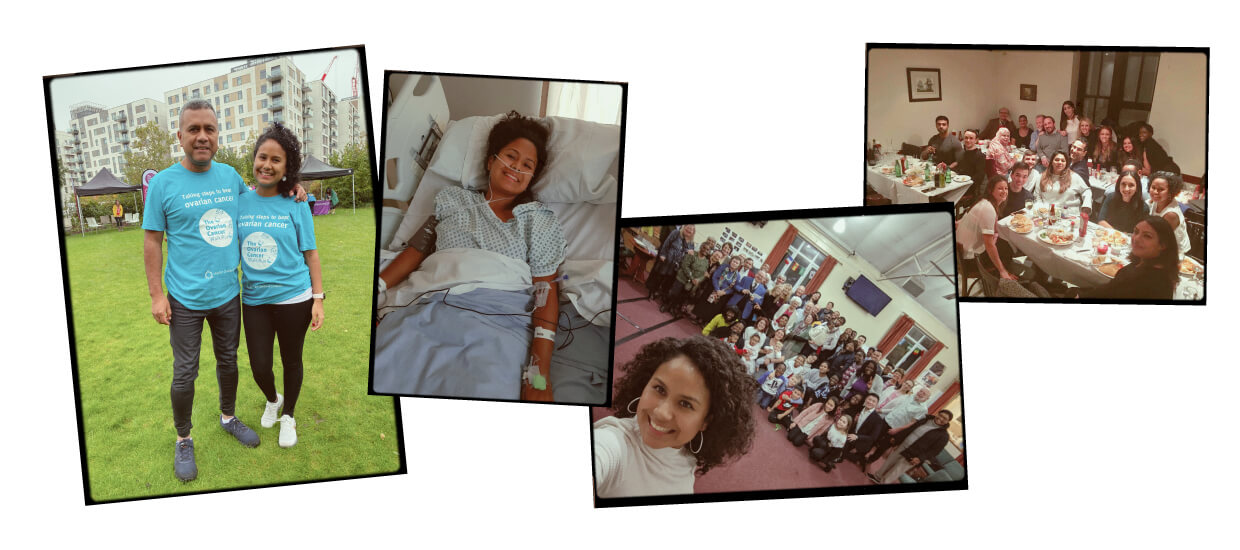
Harrods: That’s such an important reminder. We don’t have to go through things alone. But at the same time, sometimes being alone is what we need. Did you find that balance helped?
Allison: Definitely. I had days where I just wanted to be by myself, and that was okay. Sometimes, society tells us we have to keep going or stay strong, but what I needed was quiet. Just to think. Just to be. And in that space, I could start to make sense of things.
That time alone helped me appreciate the people around me even more, my parents, especially my mum, who stayed by my side through everything. But I also learned how much I needed to understand myself.
Harrods: That brings us nicely to the theme of this year’s Mental Health Awareness Week: community. Who would you say has been your main source of support?
Allison: My family, without a doubt. But I also want to give a special shoutout to my church family. They stepped up in a way that was so gentle, so thoughtful. They weren’t overwhelming or constantly checking in, it was the small things. A kind message. A phone call. Dropping off food so I didn’t have to cook. Someone once told me to try turmeric for the nausea I was dealing with. Just those thoughtful gestures made such a difference.
At the time, my extended family in Ecuador didn’t know what I was going through, I didn’t want to worry them. So my church family became that replacement. They supported not just me, but also my parents. And I’ll never forget that.
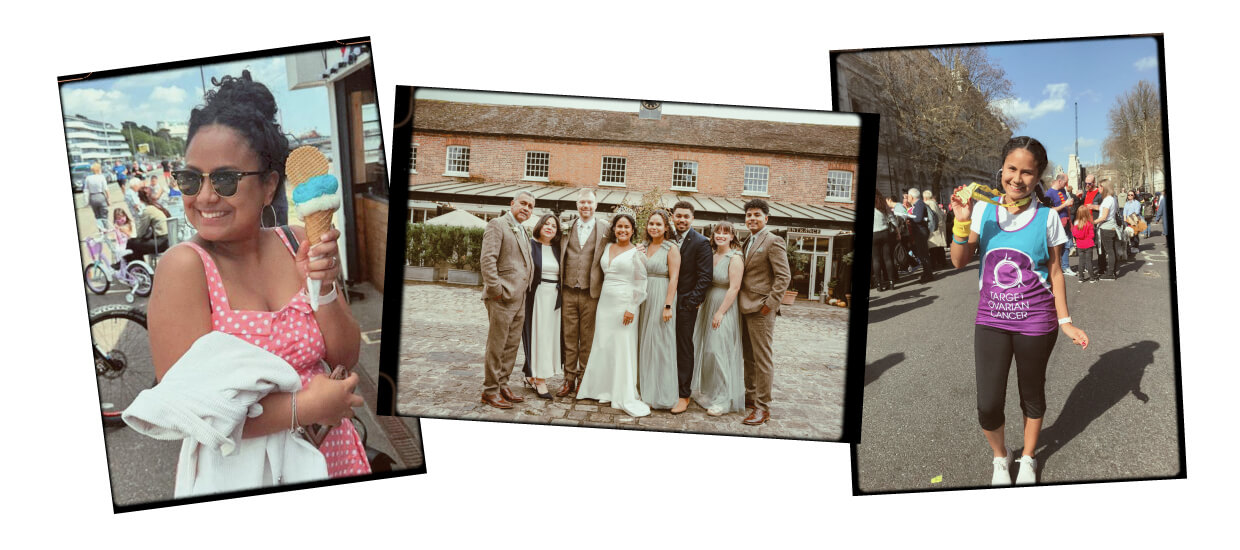
Harrods: That’s beautiful. And now that you’re on the other side of that experience, have you found yourself becoming that support for others?
Allison: Yes, and I think that’s so important. Once I was well enough, I made a point of reaching out to people. A simple message like “How are you?” or “Thinking of you” can go a long way. And sometimes, people reply saying, “Actually, I’m not doing great.”
Mental health can be invisible. You never know what someone is carrying. So I’ve learned to give space, to check in, and just be there in a quiet way, the same way others were there for me.
Harrods: That’s such a meaningful reflection. You’ve turned your experience into something that uplifts others. And I love how it shows that community isn’t just about receiving support, it’s about becoming that support when you can.
Now, looking back at everything you’ve been through, what would you say to your younger self, the Allison who felt like her world had just turned upside down?
Allison: I’d say, you’re stronger than you think. And it’s okay to have days when you’re not okay. Don’t feel guilty for resting. Don’t be afraid to lean on others. Take one step at a time, and trust that things will get better. You’ll laugh again. You’ll walk into charity shops again. You’ll get married. Life will feel full again. You just need to keep going, gently.
Harrods: Thank you so much, Allison. This has been such an honest and powerful conversation. Thank you again for sharing so openly, and for reminding us of the power of small acts, strong communities, and quiet strength.
Let’s Stay in Touch
Belonging & Inclusion
At Harrods, we embrace a broad definition of diversity, from gender, sexuality, ethnicity, disability, background, and experience to other dimensions such as lifestyle and family responsibilities.
Our goal is to increase the representation of all dimensions to reflect the customers we serve and the increasingly diverse and global marketplace we operate in.
Latest jobs
Salary
Location
Location
Knightsbridge
Job Type
Full Time
Sector
Distribution and Warehouse
Contract Type
Permanent
Description
Our Distribution team are now looking for a van driver to support the Dispatch department in our Knightsbridge store. As a Harrods’ Dispatch driver, you'll play a vital part in our Knightsbridge Dispa
Reference
VAC- 50903
Expiry Date
01/01/0001
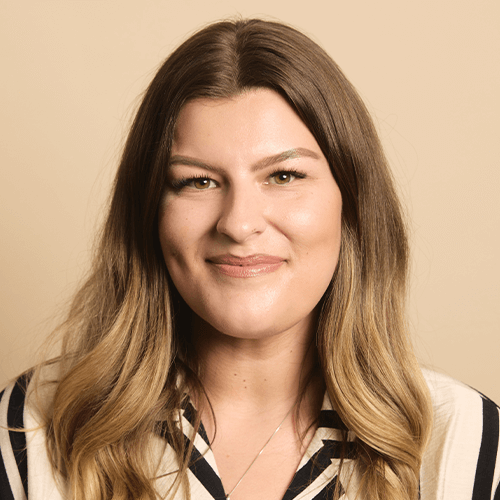
Job managed by:
Rosie Stevens
Job managed by:
Rosie StevensSalary
Location
Location
Knightsbridge
Job Type
Full Time
Sector
Private Shopping
Contract Type
Permanent
Description
We are looking for a Gifting and Campaigns Manager who will work within our Client Engagement to create unique gifting and campaigns calendar for clients within Private Shopping. Working closely with
Reference
VAC- 49390
Expiry Date
01/01/0001

Job managed by:
Lotti Strongman
Job managed by:
Lotti StrongmanSalary
Location
Location
Hammersmith
Job Type
Full Time
Sector
Customer Service
Contract Type
Permanent
Description
We are now looking for a Customer Service Advisor to join us here at Harrods as part of our Contact Centre team.About the RoleAs a Customer Service Advisor in the Contact Centre you will support our c
Reference
VAC- 22853
Expiry Date
01/01/0001

Job managed by:
Amelia Tahir
Job managed by:
Amelia TahirSalary
Location
Location
Knightsbridge
Job Type
Full Time
Sector
Sales Associate
Contract Type
Permanent
Description
Our Food Halls team are now looking for a Butcher to join our vibrant and bustling meat counter. You will be a product expert and be responsible for producing exceptional products and service to delig
Reference
VAC- 51128
Expiry Date
01/01/0001
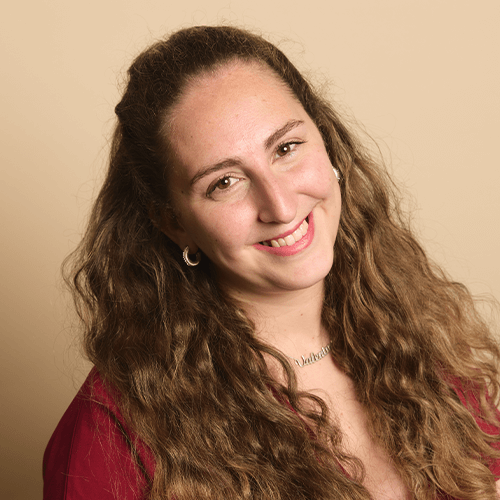
Job managed by:
Valentina Segantin
Job managed by:
Valentina SegantinSalary
Location
Location
Knightsbridge
Job Type
Full Time
Sector
Back of House
Contract Type
Permanent
Description
Here at Harrods, we currently house more celebrity chefs, exclusive dining brands and unique food halls than any other location in the UK. As a Chef De Partie, you will be joining a passionate, suppor
Reference
VAC- 46734
Expiry Date
01/01/0001

Job managed by:
Valentina Segantin
Job managed by:
Valentina SegantinSalary
Location
Location
Knightsbridge
Job Type
Full Time
Sector
Sales Associate
Contract Type
Permanent
Description
Our Home team are now looking for a Sales Supervisor to deliver an exceptional, luxury shopping experience while championing one of our distinguished Home brands. This role is perfect for someone who
Reference
VAC- 51169
Expiry Date
01/01/0001

Job managed by:
Amelia Tahir
Job managed by:
Amelia TahirSalary
Location
Location
Knightsbridge
Job Type
Full Time
Sector
Buying and Merchandising
Contract Type
Permanent
Description
We are looking for an Assistant Demand Planner to play a key role in supporting accurate demand planning and fulfilment across our Beauty category, helping to optimise sales performance and inventory
Reference
VAC- 51580
Expiry Date
01/01/0001
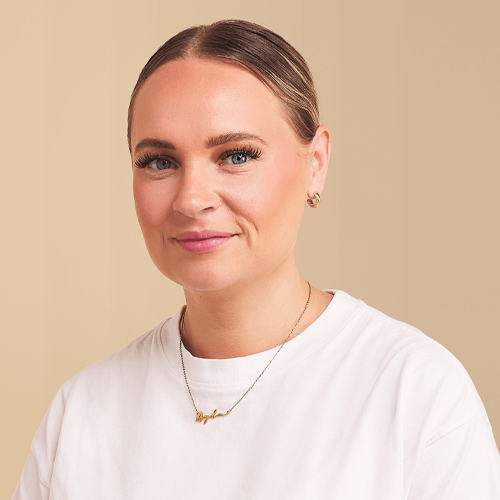
Job managed by:
Emma Cousins
Job managed by:
Emma CousinsSalary
Location
Location
Knightsbridge
Job Type
Full Time
Sector
Sales Associate
Contract Type
Permanent
Description
As a Sales Associate within our bustling and vibrant Signature and Arcade departments, you’ll enjoy a package that includes a minimum salary of £30,694 + monthly bonus or commission, as well as access
Reference
VAC- 28155
Expiry Date
01/01/0001
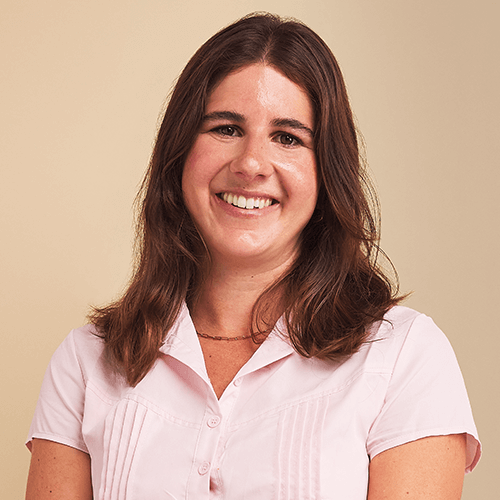
Job managed by:
Sophie Jones
Job managed by:
Sophie JonesSalary
Location
Location
Hammersmith
Job Type
Full Time
Sector
eCommerce, Digital and Insights
Contract Type
Permanent
Description
We are looking for a PPC Executive to join our Digital team at Harrods. This role is responsible for delivering day-to-day PPC performance across omni-search and .com, ensuring campaigns are optimised
Reference
VAC- 51428
Expiry Date
01/01/0001

Job managed by:
Sophia Osman
Job managed by:
Sophia OsmanSalary
Location
Location
Hammersmith
Job Type
Full Time
Sector
Buying and Merchandising
Contract Type
Permanent
Description
We are looking for a Buyer to play a leading role in developing and elevating our Own Label product proposition across Bags and Accessories.About the Role As a Buyer, you will take ownership of buildi
Reference
VAC- 51490
Expiry Date
01/01/0001

Job managed by:
Laura Stainsby
Job managed by:
Laura StainsbyDiscover more about us

Teaser
Learning & DevelopmentContent Type
Career StoriesPublish date
02/11/2026
Summary
With 82% of in-store purchase decisions made on the shop floor, the role of a Sales Associate is hugely influential. At Harrods, sales is about creating experiences that stay with customers long af

Teaser
Head OfficeContent Type
Career StoriesPublish date
02/11/2026
Summary
Behind every smooth online journey at Harrods is a group of people thinking carefully about how customers browse, discover and shop. From the way products are presented, to how customers find us th

Teaser
In StoreContent Type
Career StoriesPublish date
02/11/2026
Summary
A career in security at Harrods is about taking pride in doing things to the Harrods standard. Security Officers play a vital role in shaping how colleagues and customers experience the iconic Knig

Teaser
GeneralContent Type
Career StoriesPublish date
01/22/2026
Summary
When the doors close at our Knightsbridge store, another side of Harrods comes to life. A dedicated team of engineers, electricians, technicians and specialists work through the night to make sure

Teaser
Private ShoppingContent Type
Career StoriesPublish date
01/15/2026
Summary
Personal Shopping jobs at Harrods are built on human connection. It’s a role that’s about taking the time to understand someone properly and to notice the details that matter to them. For our Perso

Teaser
Chefs & HospitalityContent Type
Career StoriesPublish date
01/15/2026
Summary
Behind every memorable dish is a chef who understands more than just flavour. At Harrods, our chefs combine technical chef skills with a healthy sprinkling of creativity and teamwork to create expe

Teaser
Private ShoppingContent Type
Career StoriesPublish date
01/13/2026
Summary
A day in the life of a Personal Shopper at Harrods Meet Marina and Danijela as they share their captivating career journeys. A career in personal sho

Teaser
In StoreContent Type
Career StoriesPublish date
01/13/2026
Summary
There’s a certain magic in the Harrods experience, the attention to detail, the warm welcome, the moments that make every visit memorable. Behind every smile, every helpful gesture, and every sea

Teaser
Head OfficeContent Type
Career StoriesPublish date
01/13/2026
Summary
There’s something truly special about stepping into Harrods, the atmosphere, the energy, the sense of heritage and innovation living side by side. But behind every moment of magic experienced in

Content Type
EventsPublish date
11/21/2025
Summary
Last week, we hosted The Balancing Act, a panel led by our Working Parents x Women’s Network. The discussion focused on the realities of balancing work and family life, from returning aft
Recently viewed jobs
